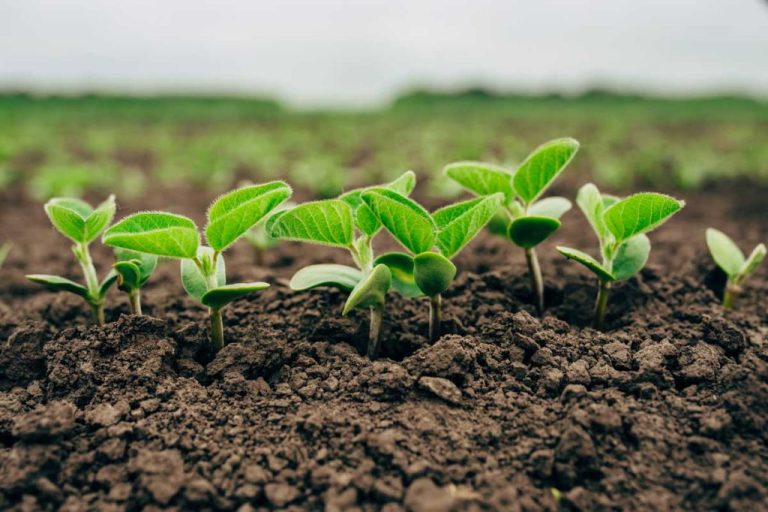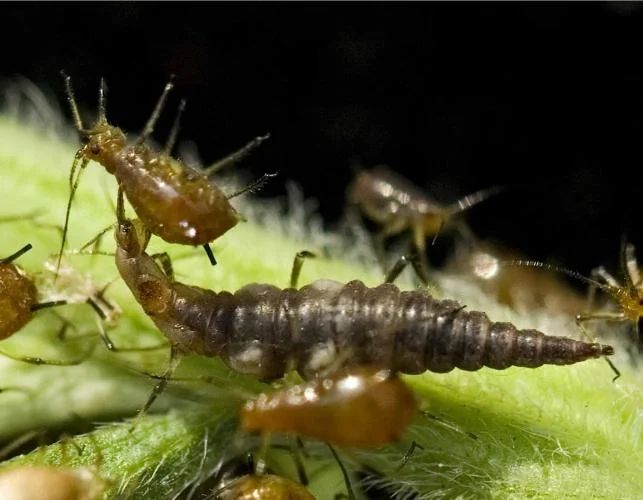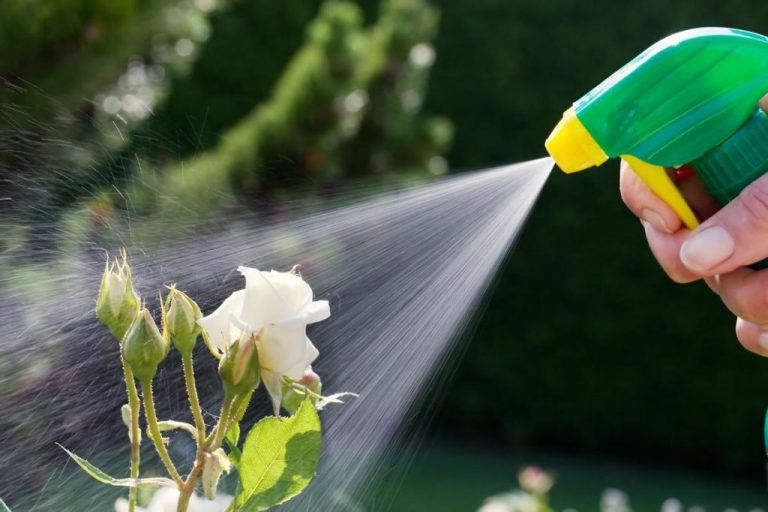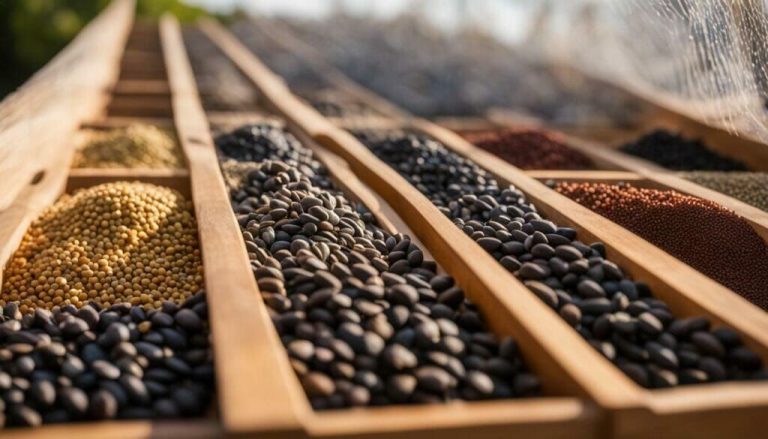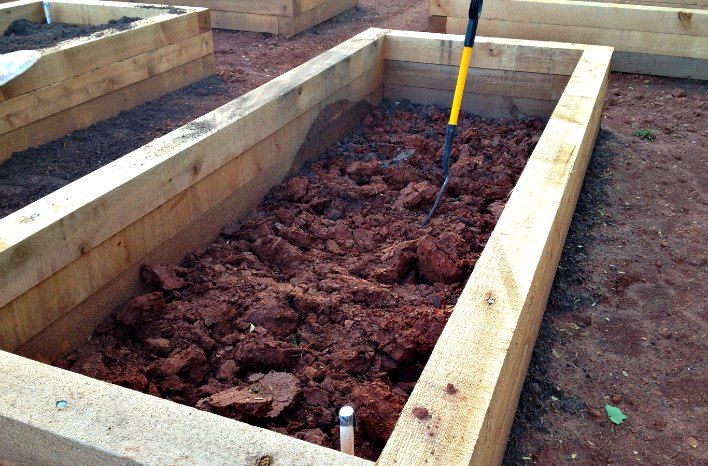Organic Gardening Techniques For A Thriving Garden
Organic gardening is the process of growing plants without the use of synthetic fertilizers or pesticides. It relies on techniques like crop rotation, green manures, composting and biological pest control. The benefits of organic gardening include healthier plants and soil, reduced pollution, and crops free of chemical residues. This article will provide a comprehensive guide to organic gardening techniques for cultivating a thriving garden. We will cover topics like soil health, companion planting, pest control, fertilizing, pollination and ongoing garden maintenance. The aim is to equip home gardeners with the knowledge and skills to grow robust organic fruits, vegetables and flowers.
[1]
Soil Health
Soil health is the foundation of any successful organic garden. Healthy soil contains a complex web of microorganisms that help break down organic matter and release nutrients in forms that plants can absorb. There are several key practices gardeners should follow to build healthy, fertile soil organically.
Adding compost is one of the best things you can do to enhance soil health. Compost introduces beneficial microbes and nutrients to the soil while improving structure and moisture retention. Making your own compost allows you to recycle kitchen scraps and yard waste into “black gold” for your garden. Compost should be worked into garden beds before planting each season.[1]
Cover crops like clover or rye can also boost soil health when grown in the off-season. As cover crops decompose, they add organic matter to the soil. Their roots help aerate the soil and prevent erosion. Legumes like clover fix nitrogen from the air, making it available for future crops.
Rotating vegetable families through different beds each season helps prevent nutrient depletion and pest/disease buildup. Rotate heavy feeders like tomatoes with light feeders like lettuce. Do not follow one crop with another from the same plant family.
By feeding the microbial life of the soil through organic practices, gardeners can grow healthier plants naturally without synthetic fertilizers. Paying attention to soil health is the foundation of thriving organic vegetable and flower gardens.
Companion Planting
Companion planting is the practice of growing certain plants together so they can benefit each other. By carefully choosing which plants to grow side-by-side, you can maximize space, deter pests, improve pollination, and increase yields in your garden.
Some classic companion planting combinations include:
- Tomatoes and basil – Basil repels some pests like flies and mosquitoes that may bother tomatoes. Meanwhile, tomatoes provide the shade that basil needs. Source
- Beans and potatoes – Beans fix nitrogen into the soil, which benefits potato plants. Meanwhile, potatoes repel beetles that prey on bean plants. Source
- Carrots and leeks – Leeks repel carrot flies. Carrots also loosen and aerate the soil, allowing leek bulbs to swell and grow. Source
Take time to plan your vegetable garden layout with companion planting in mind. The right combinations can help your plants thrive and yield a bountiful harvest.
Natural Pest Control
Controlling pests naturally without chemicals is an essential part of organic gardening. There are several effective and safe ways to keep insects, animals, fungi and other pests from destroying your vegetables, flowers, fruits and herbs.
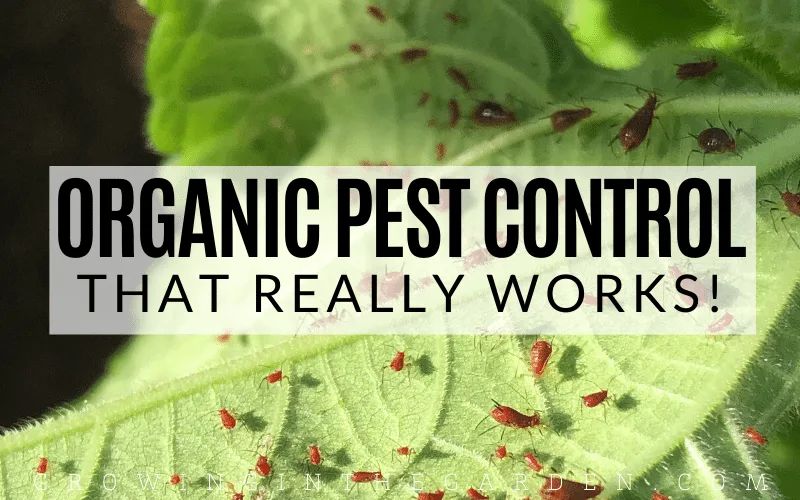
Introducing beneficial insects like ladybugs, praying mantis, or green lacewings can help control aphids, mites, caterpillars and other soft-bodied insects (Beneficial Insects for Natural Pest Control). These predators will feed on the pests while leaving your plants alone.
Other organic pest control methods include using physical barriers like row covers or collars around plants, trap crops that lure pests away, or repellent plants like garlic, onions or marigolds. You can make organic sprays with ingredients like neem oil, insecticidal soaps, or essential oils to deter pests (Natural Pest Control for Organic Gardening).
For fungal diseases, improve air circulation and avoid wetting foliage. Prune infected parts of plants well below signs of disease. Use organic fungicides made with baking soda, sulfur or hydrogen peroxide. For animal pests like moles, deer or rabbits try fences, traps, predator urine or other deterrents.
Weed Control
Weeds compete with garden plants for water, nutrients, and sunlight. Controlling weeds is crucial for a thriving organic garden. There are several effective organic techniques to prevent and remove weeds:
Mulching with materials like wood chips, leaves, straw, or newspaper can smother existing weeds and prevent new ones from growing. Mulch also conserves moisture and improves soil health over time as it breaks down. Apply 2-4 inches of organic mulch around plants, leaving space around the stems (Growing a Greener World).
Hand-pulling weeds is effective for small gardens. Use a hoe or hand trowel to remove weeds by their roots before they produce seeds. Disturb the soil as little as possible to avoid bringing more weed seeds to the surface. Hand-pulling is best done after rain when the soil is moist and weeds pull out easily (UC IPM).
Cover crops like buckwheat, rye, and clover can suppress weeds. Allow the cover crop to grow thickly before cutting it down and adding it to the soil as green manure. The dense cover crop shades out weed seedlings while enriching the soil (Growing a Greener World).
Mulching, hand-weeding, and cover crops are organic techniques that prevent weeds from establishing and outcompeting garden plants. With some persistence, these methods can greatly reduce the need for weeding over time.
Watering
Proper watering is crucial for a thriving organic garden. The ideal watering practices to provide the optimal amounts minimize waste include drip irrigation, soaker hoses, rain barrels, early morning watering, and infrequent deep soakings (West Coast Seeds, 2021). Drip irrigation and soaker hoses target the soil and roots directly, reducing water lost to evaporation. Collecting rainwater in barrels allows you to harness natural precipitation. Watering early in the morning reduces evaporation due to cooler temperatures. Giving your garden a thorough soaking 1-2 times a week encourages deeper root growth than frequent shallow waterings.
Fertilizing
Feeding your plants with the right nutrients is crucial for a thriving organic garden. Plantonix recommends using organic fertilizers like compost, manure, and green manures to provide a slow release of nutrients that your plants can better absorb. Some great organic fertilizer options include:
Compost – Compost introduces beneficial microorganisms to the soil while releasing nutrients slowly. Make your own compost or purchase a high-quality compost. Mixing compost into the soil before planting is an excellent way to fertilize organically. Top-dressing gardens with compost provides nutrients during the growing season.
Manure – Manure from cows, chickens, horses, sheep, and other livestock is packed with nitrogen, phosphorus, and potassium that plants thrive on. Composted manure has less risk of burning plants. It’s best to use manure that has been aged at least 6 months.
Green Manures – Green manures are cover crops grown to enrich the soil when tilled under. Legumes like clover and vetch help fix nitrogen. Buckwheat and rye add organic material and nutrients. Allowing cover crops to bloom before tilling increases their benefits.
Organic Fertilizers – If compost and manure are not available, look for organic granular fertilizers made from natural ingredients like bone meal, blood meal, alfalfa meal, kelp meal, and rock phosphate. Apply according to package directions.
Organic fertilizers lead to healthier plants less susceptible to pests and diseases. Avoid synthetic fast-acting fertilizers which can build up in the soil and cause salt damage. Feed your soil with organic matter and let the magic of nature do the rest.
Pollination
Pollinators like bees, butterflies, birds, bats, and other insects play a critical role in helping plants reproduce. By attracting pollinators to your garden, you’ll increase your yields and support the local ecosystem.
Here are some tips for attracting pollinators to your organic garden:
- Plant a variety of brightly colored flowers that bloom throughout the season. Native plants are best as they co-evolved with native pollinators.
- Include plants like lavender, bee balm, cosmos, sunflowers, clover, and milkweed that provide nectar and pollen.
- Provide clean water in a shallow dish with floating stones for butterflies, bees, and birds.
- Avoid using pesticides which can harm beneficial pollinators.
- Leave dead snags and brush piles as nesting sites for native bees.
- Set up bee boxes or insect hotels to provide habitat.
- Reduce lawn areas and leave bare soil for ground nesting bees.
- Mix flowering plants throughout the garden to create pollinator pathways.
Taking steps to attract pollinators will increase the productivity of your organic garden and support biodiversity.
Maintenance
Consistent maintenance is crucial for a healthy organic garden. This involves regular weeding, pruning, cleanup, and other tasks. Here are some key organic gardening maintenance tips:
Weed once a week or more if needed. Weeds compete with plants for nutrients, sunlight, and water. Pull weeds by hand or use a hoe. Mulching helps suppress weeds.
Prune overgrown plants and trees. Pruning encourages new growth, improves air circulation, and removes diseased areas. Make cuts just above outward facing buds.
Rake up fallen leaves and debris. This prevents pests and disease. Compost plant material when possible.
Check for insects and signs of disease. Remove affected areas and use organic treatments if needed.
Prepare beds for winter. Pull spent annuals, add compost, and mulch perennials. Cover sensitive plants if frost threatens.
Sharpen tools regularly. Dull blades tear rather than cut cleanly.
Keep walkways clear. Edge along beds and paths for a neat appearance.
Consistent organic gardening maintenance keeps your garden looking its best and your plants healthy and productive all season long.
Conclusion
In summary, organic gardening techniques can help you grow a thriving, healthy garden without the use of synthetic chemicals. We discussed several key techniques like building up your soil with compost and other organic matter, using companion planting to naturally deter pests, controlling weeds manually or with organic mulches, providing consistent water and organic fertilizer, attracting pollinators, and ongoing garden maintenance and observation. The benefits of organic gardening include producing healthy, nutrient-dense food, protecting the environment, and avoiding exposure to toxic pesticides and chemicals. Organic gardening does require more effort and knowledge than conventional gardening with chemicals, but the rewards are plentiful. With some planning and care, you can implement these organic techniques for a productive, eco-friendly garden that brings you joy for years to come.

